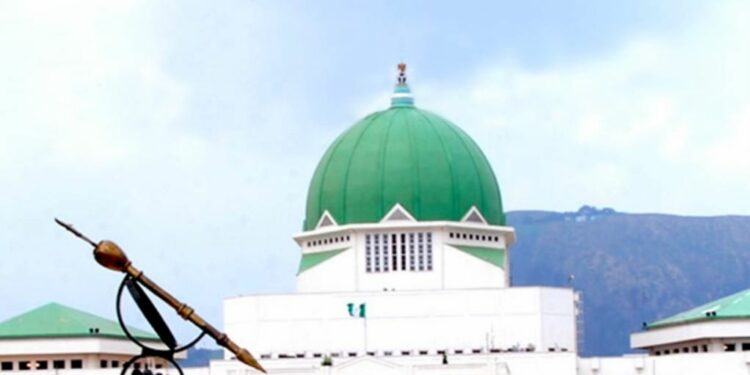The House of Representatives has passed a bill for the establishment of National Religious Harmony Commission (NRHC) to tackle religious-inclined infractions and promote religious freedom. Presenting the bill, the sponsors said that it seeks to provide a statutory framework for the protection of fundamental human rights of Nigerians as it relates to matters of religious freedom and liberty.
When established, the commission will address cases of religious discrimination, victimisation and harassment in all facets of Nigerian life and prosecute offenders. The commission will also, ‘monitor incidents of religious extremism, including hate speech and other actions and utterances intended to incite violent passions and prosecute offenders; provide an early warning system for government and law enforcement agencies to detect and prevent actions liable to incite religious violence and breakdown in law and order’.
The seriousness of this Bill stems from the fact that the Senate had earlier passed same; which means what the House is doing now is concurrence and it will be sent to the President for assent. The Senate also argued that the Bill seeks to establish the NRHC to serve as an intervention platform to promote religious tolerance, peace and harmony in Nigeria.
It observed that the United Nations Charter and several provisions of the 1999 constitution (as amended) are based on the principles of the dignity and equality of all human beings, but attempted to explain that the UN charter seeks the promotion and respect for human rights and fundamental freedoms for all without distinction to race, sex, language or religion.
But there are a number of reasons why the NRHC Bill should not be allowed to see the light of the day or be given any form of life. In our considered opinion, the proposed Bill is a wasteful venture which will add no real value to governance and nation-building. What the Bill attempts to do is already captured by Chapter 4, Section 38 of the 1999 Constitution (As Amended).
Section 38, Subsection (1) states that “Every person shall be entitled to freedom of thought, conscience and religion, including freedom to change his religion or belief, and freedom (either alone or in community with others, and in public or in private) to manifest and propagate his religion or belief in worship, teaching, practice and observance.”
Subsection (2) says “No person attending any place of education shall be required to receive religious instruction or to take part in or attend any religious ceremony or observance if such instruction ceremony or observance relates to a religion other than his own, or religion not approved by his parent or guardian.”
While Subsection (3) states that “No religious community or denomination shall be prevented from providing religious instruction for pupils of that community or denomination in any place of education maintained wholly by that community or denomination.”
And the Subsection (4) sums it up, “Nothing in this section shall entitle any person to form, take part in the activity or be a member of a secret society.”
Nigeria’s governance system is one of the most expensive in the world. In fact, the cost of governance in Nigeria has become a challenge to both the leaders and citizens. Government continues to say it is broke while profligacy continues. The amount spent on cost is, in our opinion, unreasonable and inimical to the health of the country.
This brings us to inexplicable delay by the federal government in implementing the Oronsaye Report. When the presidential committee headed by the former head of service, Stephen Oronsaye, was inaugurated in August 2011, it was clear that the government itself was admitting that the cost of governance was a serious issue affecting the nation’s growth and development. But, unfortunately, in our view, the report of that committee has been gathering dust over the years.
And just when stakeholders are waking up to the collective responsibility of demanding that the government implement the Oronsaye Report or have the country collapse under the weight of cost of governance, our lawmakers are engaging in what is, obviously,legislative rascality by considering a Bill to establish National Religious Harmony Commission when clearly there is no need for such wasteful venture.
We believe that what the lawmakers intend to do is possibly to create jobs for their political associates and supporters ahead of the 2023 general elections, with a clear view to winning their support. In which case their intention is selfish and unpatriotic! The civil service is already bloated to the detriment of the nation’s economy. This proposed commission is one too many and should not be allowed to come to life. We appeal to the President to withhold his assent If, eventually, it is sent to him. Nigeria does not need this legislation.



